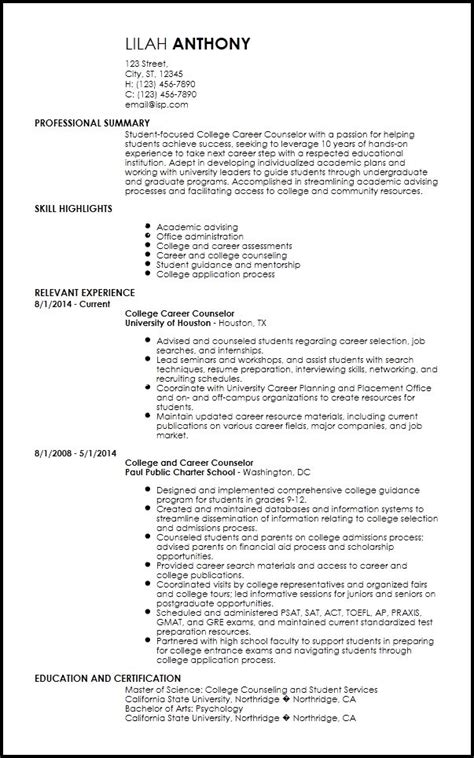Resume Career Highlights: What To Include For Impact

Your resume is your chance to make a great first impression on potential employers. It’s important to highlight your career accomplishments and showcase your skills and experience. In this article, we’ll go over what to include in your resume career highlights section to make a strong impact.
1. Begin with a Strong Headline
Your career highlights section should begin with a strong headline that summarizes your professional achievements. This can be a brief statement that highlights your career goals and accomplishments. Use strong action verbs and make sure the headline is attention-grabbing. For example, if you are a marketing professional, your headline might read: “Award-Winning Marketing Executive with 10 Years of Experience.”
2. Highlight Your Key Skills
Under your headline, list your key skills in bullet points. These should be specific skills that are relevant to the job you’re applying for. For example, if you’re applying for a job in customer service, your skills might include: “Strong Communication Skills, Problem-Solving, Time Management, and Conflict Resolution.”
3. List Your Accomplishments
Under your key skills, list your career accomplishments. These should be specific achievements that you’re proud of and that demonstrate your skills and experience. Use numbers and statistics to quantify your accomplishments whenever possible. For example, if you’re a sales professional, you might list: “Increased Sales Revenue by 25% in Q1 2021” or “Closed 10 New Accounts in the First Quarter of the Year.”
4. Include Relevant Certifications and Awards
If you have any relevant certifications or awards, list them in this section. This can include professional certifications, industry awards, or academic honors. This will help demonstrate your expertise and commitment to your field.
5. Use Action-Oriented Language
Throughout your career highlights section, use action-oriented language that demonstrates your skills and experience. Use strong verbs like “led,” “managed,” “developed,” and “implemented” to describe your accomplishments. This will help make your achievements stand out and show that you’re a proactive and results-oriented professional.
6. Tailor Your Highlights to the Job Description
Make sure your career highlights section is tailored to the job you’re applying for. Review the job description and use keywords from the job posting in your resume. This will help your resume get past applicant tracking systems (ATS) and show that you’re a good fit for the job.
7. Keep It Concise
While it’s important to highlight your career accomplishments, make sure to keep your career highlights section concise. Stick to a few key accomplishments and make sure they’re relevant to the job you’re applying for. This will help ensure that potential employers read your entire resume and get a good understanding of your skills and experience.
8. Use Keywords and Phrases
Use keywords and phrases that are relevant to your industry and the job you’re applying for. This will help your resume get past applicant tracking systems (ATS) and show that you’re a good fit for the job. Use keywords from the job posting and sprinkle them throughout your resume.
9. Edit and Proofread Carefully
Before submitting your resume, make sure to edit and proofread it carefully. Check for spelling and grammar errors, and make sure your resume is easy to read and well-organized. Ask a friend or family member to review your resume to get a second opinion.
10. Be Honest and Authentic
Finally, be honest and authentic in your career highlights section. Don’t exaggerate your accomplishments or skills, and make sure that everything you include is truthful. Employers will appreciate your honesty and authenticity, and it will help you build trust and credibility with potential employers.
Conclusion
Your career highlights section is one of the most important parts of your resume. It’s your chance to showcase your skills, experience, and achievements and make a strong first impression on potential employers. By following these tips, you can create a career highlights section that stands out and helps you get the job you want.
FAQs
What should I include in my career highlights section?
You should include your key skills, career accomplishments, relevant certifications and awards, and action-oriented language.
How long should my career highlights section be?
Your career highlights section should be concise and to the point. Stick to a few key accomplishments and make sure they’re relevant to the job you’re applying for.
How can I make my career highlights section stand out?
Use strong action verbs, quantify your accomplishments, and tailor your highlights to the job description. Make sure your resume is easy to read and well-organized.
What if I don’t have any relevant certifications or awards?
If you don’t have any relevant certifications or awards, focus on your key skills and career accomplishments. Use action-oriented language to make your achievements stand out.
Should I use the same career highlights section for every job I apply for?
No, you should tailor your career highlights section to the job you’re applying for. Review the job description and use keywords from the job posting in your resume.
